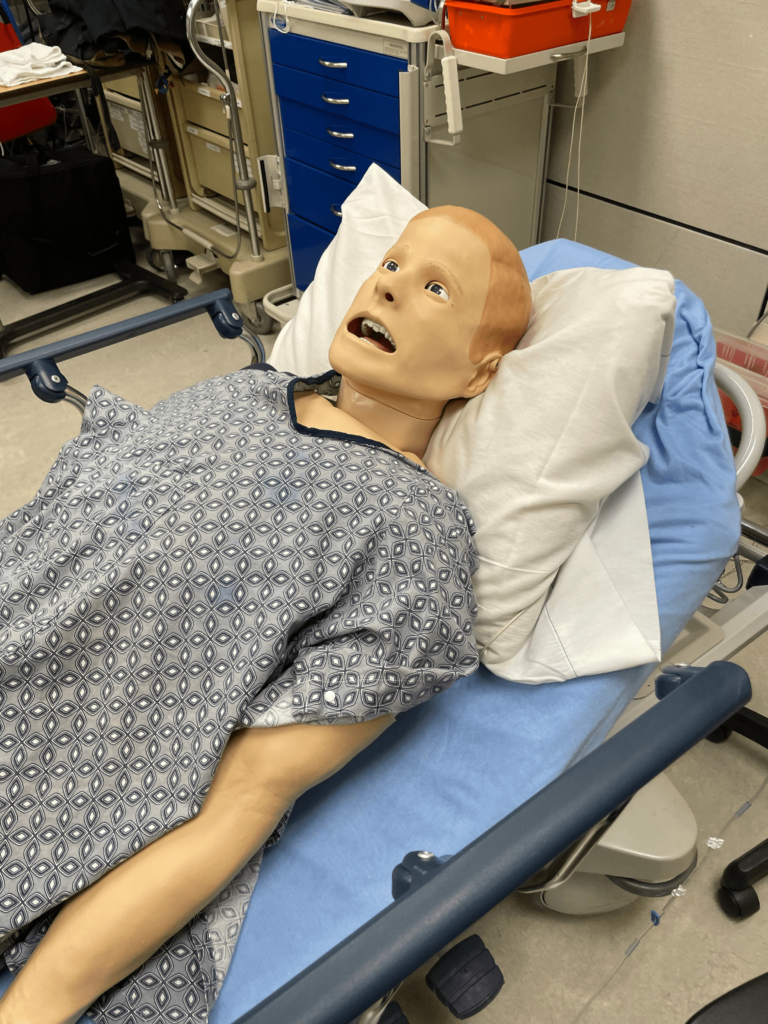About two years ago, I had my first day as a standardized patient. This was my reflection then:
Today was my first day as a Standardized Patient at UCR SOM, and I have to say, it was both exciting and nerve-racking. Walking into a room filled with six medical students and two professors was intimidating, to say the least. But as the session went on, I realized that my role was not only crucial in helping these future physicians learn, but also in improving my own patient experience.
As an acting patient, I found myself improvising at times to fill in the gaps that weren’t on the script. It was a way to challenge the medical students and address different scenarios beyond what they may expect in real practice. Depending on their approach, demeanor, or questions, I had to react differently. I was well-versed in the case at hand, and the information that I shared was within my control. I could make it easier or more difficult for the student to get the answer if I chose to do so.
But the most rewarding part of the experience was the opportunity to learn together. As a patient, I was able to share my feelings and experiences with these future physicians and also see where I could improve to give them the best experience. And my feedback was important. It was crucial to uplift them for what they did well and mention what they could improve on in a professional manner.
These medical students are not yet fully fledged physicians, and it’s important to create a nurturing environment where everyone can learn and excel building their confidence and self-esteem. As I reflect on my first day as an SP, I realize that this experience is not just about helping them become better doctors, but it’s also about improving the healthcare system as a whole.
So to anyone reading this, whether you’re a patient or a future physician, remember that we’re all in this together. Let’s work towards creating a healthcare system that is patient-centered, empathetic, and understanding.

